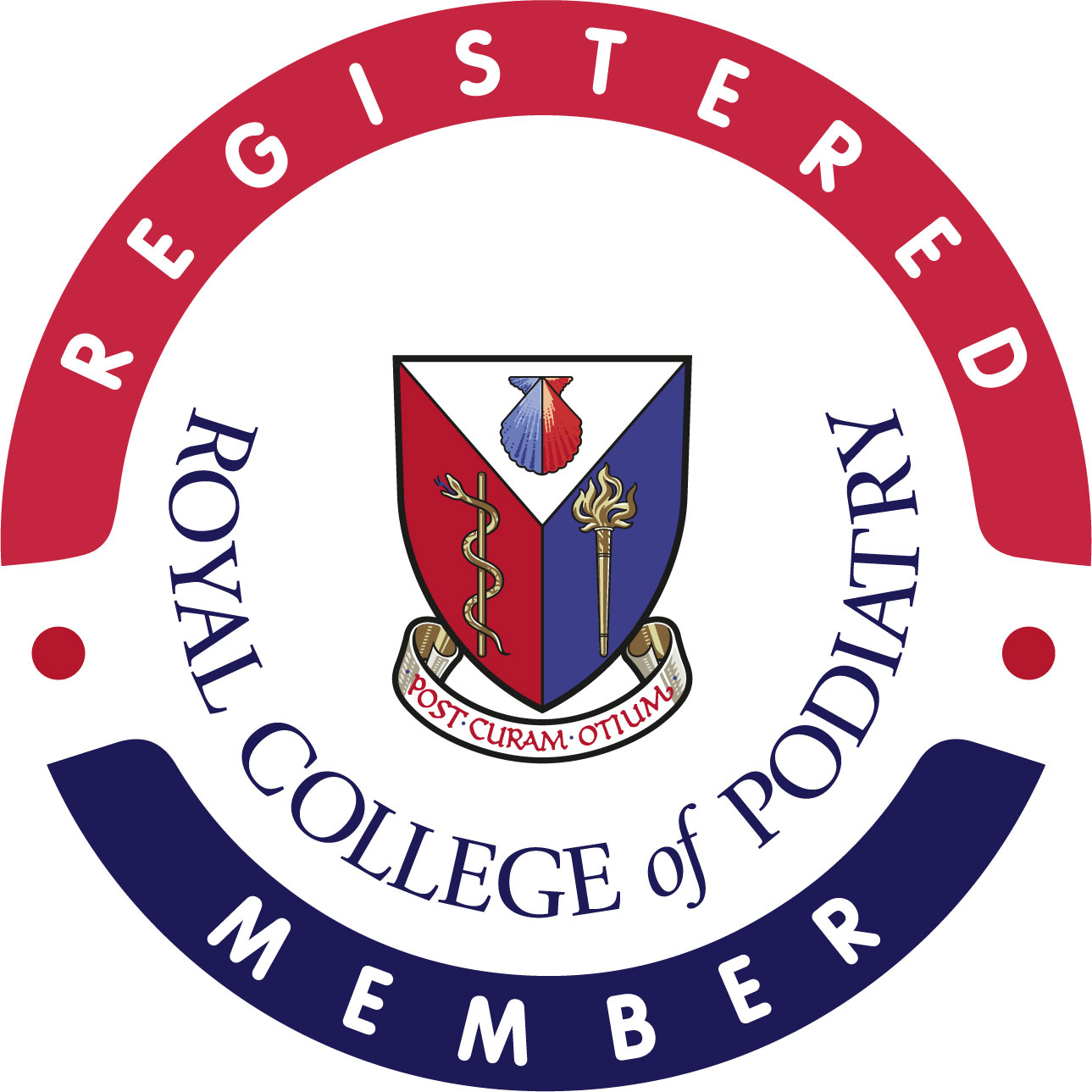Bespoke care to help with severe nerve pain
A neuroma occurs when a nerve is irritated, compressed or inflamed. This results in the thickening of the nerve and the surrounding tissues, and people with this condition often experience intense pain. At Podiatry Station, we can help relieve your symptoms with trusted specialist treatment and care.
Book an appointment









